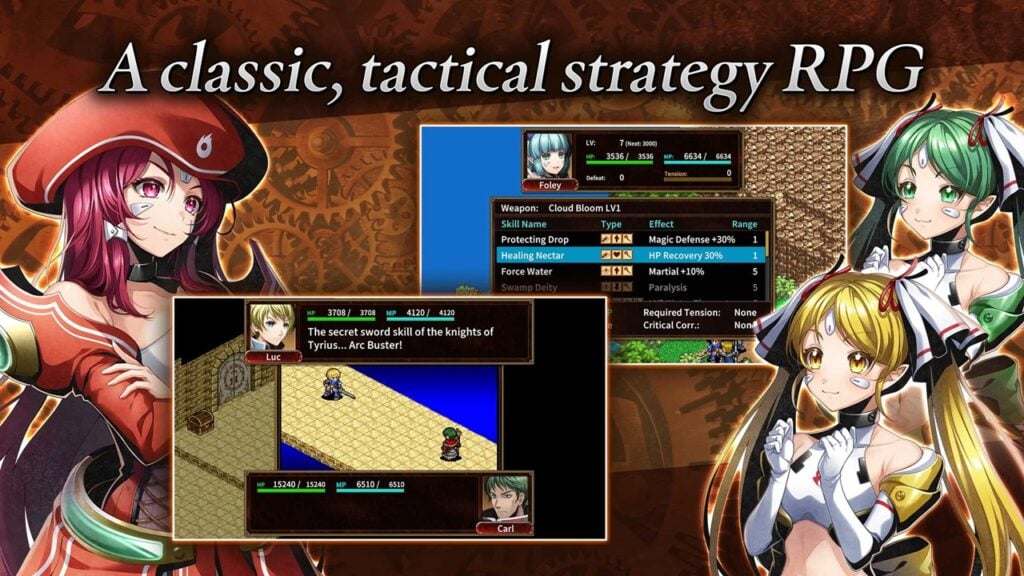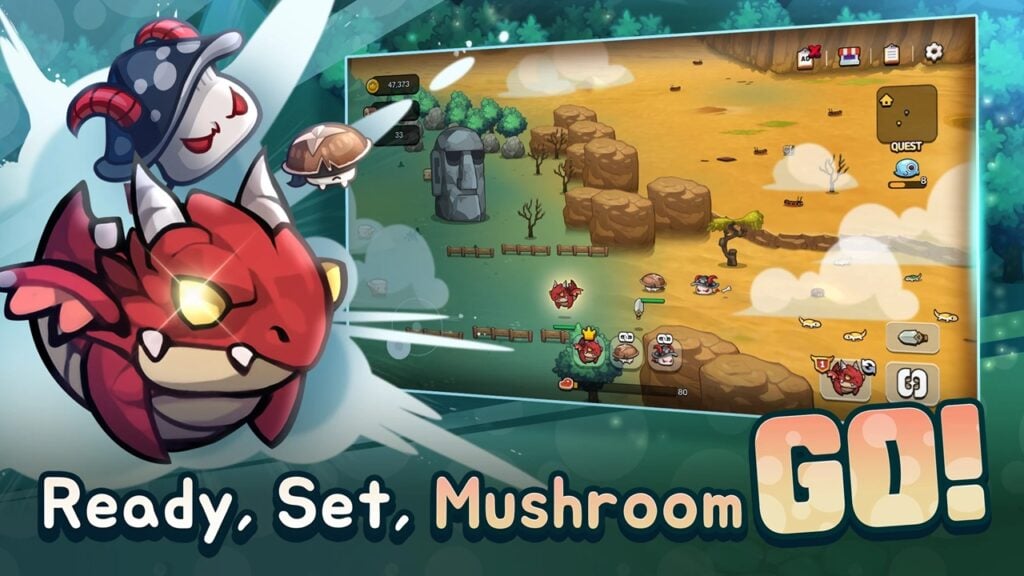Nintendo Lawyer Reveals Strategy on Piracy and Emulation
Nintendo has long been known for its aggressive stance against emulation and piracy, a reputation further solidified by recent legal actions. In March 2024, the developers of the Nintendo Switch emulator Yuzu were hit with a hefty $2.4 million fine following a court settlement with Nintendo. Just months later, in October 2024, the Ryujinx emulator team announced the cessation of their project after receiving communication from Nintendo. The year prior, in 2023, the Dolphin emulator for Gamecube and Wii faced hurdles when Valve, influenced by Nintendo's legal team, advised against a full Steam release. Additionally, Gary Bowser, involved with Team Xecuter's piracy-enabling products, was ordered to pay Nintendo $14.5 million in 2023, a debt he'll be repaying for the rest of his life.
At the Tokyo eSports Festa 2025, a panel discussion on intellectual property rights featured insights from Nintendo's Koji Nishiura, a patent attorney and Assistant Manager of the Intellectual Property Division. Nishiura, as reported by Denfaminicogamer (via VGC) and translated by Automaton, clarified the legal gray areas surrounding emulators. He stated that while emulators themselves aren't inherently illegal, their use can lead to copyright infringement if they replicate game programs or bypass console security measures.
This perspective is shaped by Japan's Unfair Competition Prevention Act (UCPA), which, though only enforceable within Japan, complicates Nintendo's international legal pursuits. A notable example cited during the talk was the Nintendo DS "R4" card, which facilitated the use of pirated games. After a collective outcry from Nintendo and 50 other software companies, the R4 was effectively banned in Japan in 2009.
Nishiura also touched on "reach apps," tools that enable the download of pirated software within emulators, such as the 3DS's Freeshop and the Switch's Tinfoil, which similarly infringe on copyright laws. In the case against Yuzu, Nintendo highlighted the significant piracy of The Legend of Zelda: Tears of the Kingdom, claiming over one million illegal downloads facilitated by Yuzu's Patreon-supported features like daily updates and early access to unreleased game content.
Nintendo's ongoing battle against emulation and piracy underscores its commitment to protecting its intellectual property, a stance that continues to shape the legal landscape surrounding video game emulation.
-
In the immersive world of *Tower of God: New World*, a 3D real-time strategy RPG, players embark on a thrilling journey with Bam and his companions as they ascend the Tower. With an ever-expanding roster of characters, each boasting unique skills and abilities, crafting the ultimate team is essentiaAuthor : Isabella Apr 18,2025
-
Immerse yourself in the world of BLEACH with BLEACH Rebirth of Souls, where your favorite heroes come to life. This game brings together a spectacular array of characters from the beloved manga and anime series, offering fans an exhilarating experience across the diverse landscapes of the World of tAuthor : Madison Apr 18,2025
-
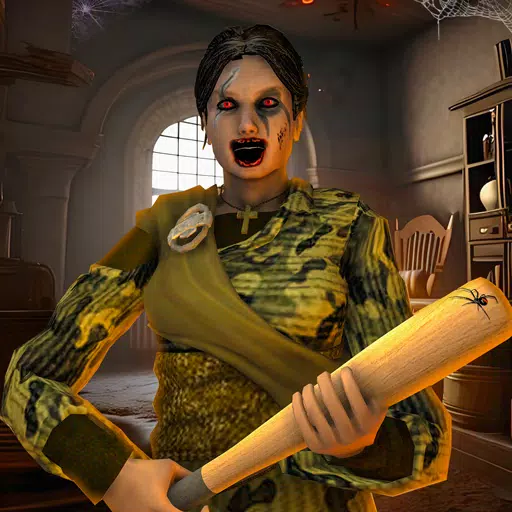 Army Granny Scary Ghost 3DDownload
Army Granny Scary Ghost 3DDownload -
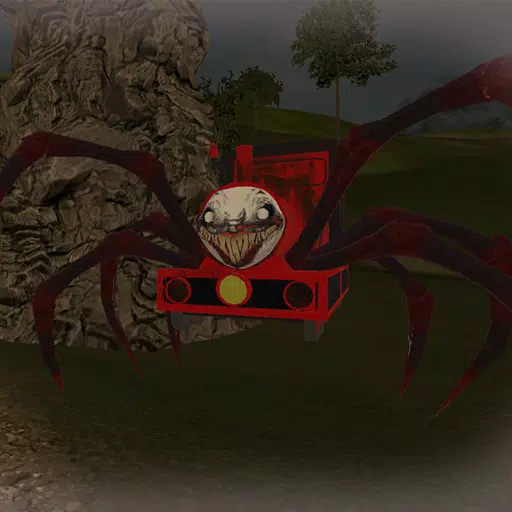 Horror Train: Undead ShooterDownload
Horror Train: Undead ShooterDownload -
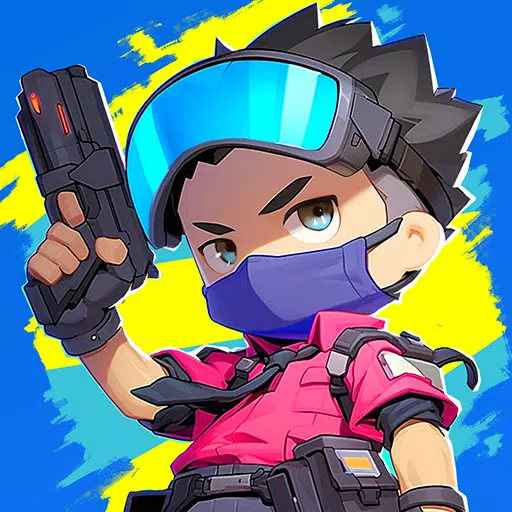 ZombieKiller.io - SurvivorDownload
ZombieKiller.io - SurvivorDownload -
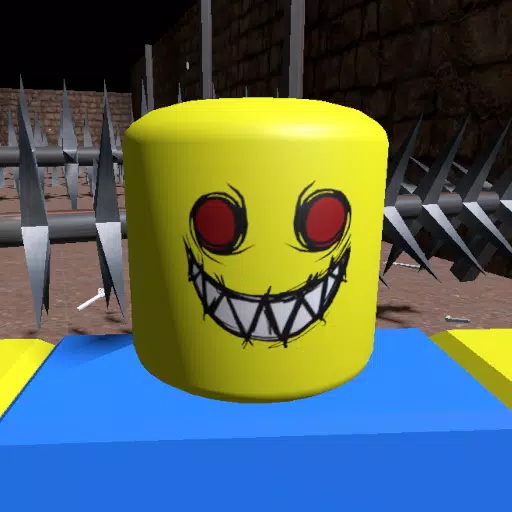 Scary ObbyDownload
Scary ObbyDownload -
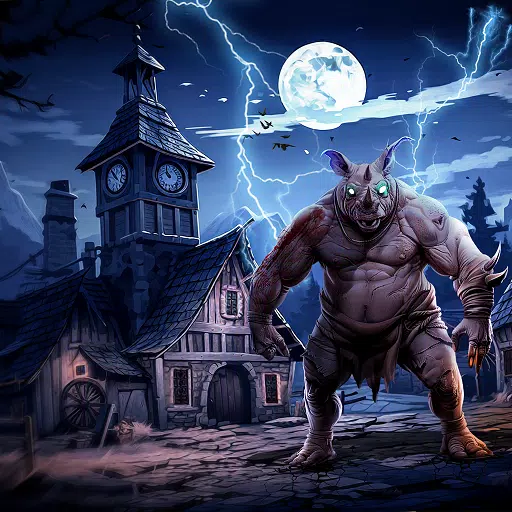 Halloween 2024: Scary SneakDownload
Halloween 2024: Scary SneakDownload -
 Creepy Pomni - Circus EscapeDownload
Creepy Pomni - Circus EscapeDownload -
 Master Craft Building CraftDownload
Master Craft Building CraftDownload -
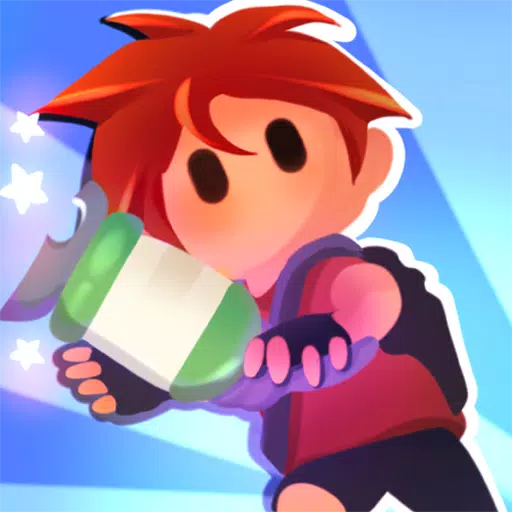 RAWR: Fight & Collect MonstersDownload
RAWR: Fight & Collect MonstersDownload -
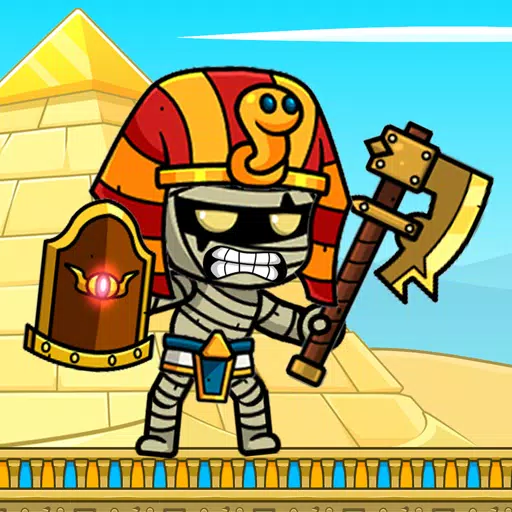 Knight Hero 2Download
Knight Hero 2Download -
 Love Adventure Novel B.I.N.D.Download
Love Adventure Novel B.I.N.D.Download
- Hitman Devs' "Project Fantasy" Hopes to Redefine Online RPGs
- The Elder Scrolls: Castles Now Available on Mobile
- Minecraft's 'In Your World' Mod: A Chilling Update
- Resident Evil Creator Wants Cult Classic, Killer7, to Get a Sequel By Suda51
- Deadlock Characters | New Heroes, Skills, Weapons, and Story
- Fortnite Update: Mysterious Mythic Item Teased in Latest Leak

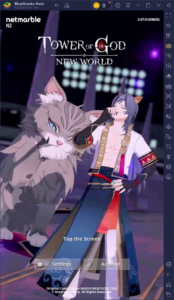
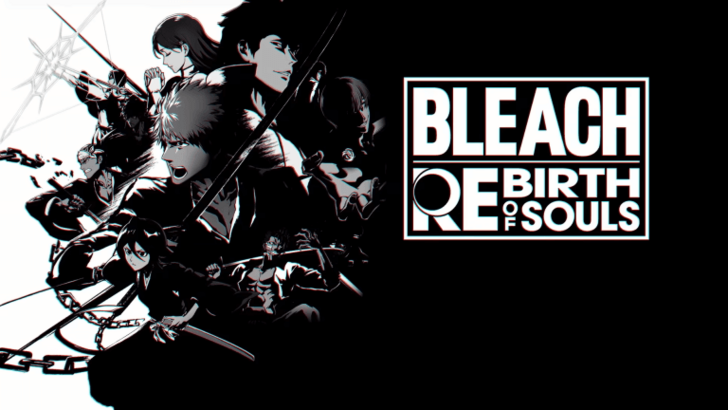
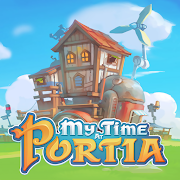




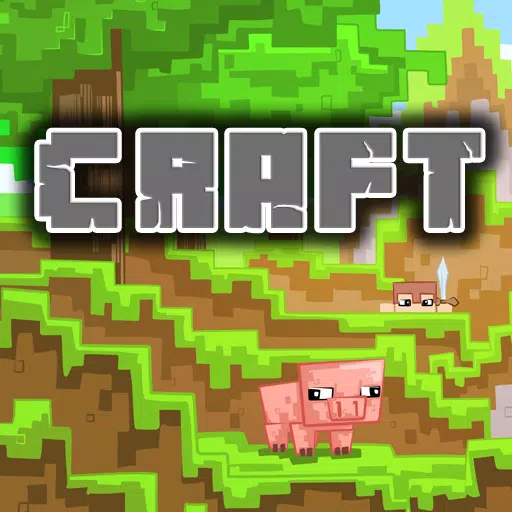
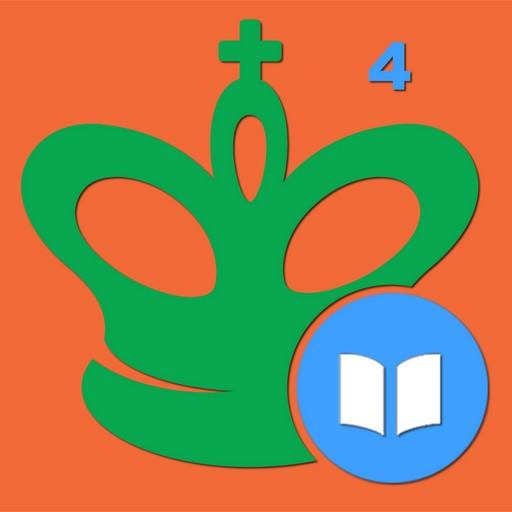
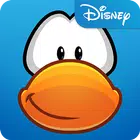
![[777Real]スマスロモンキーターンⅤ](https://images.0516f.com/uploads/70/17347837276766b2efc9dbb.webp)
